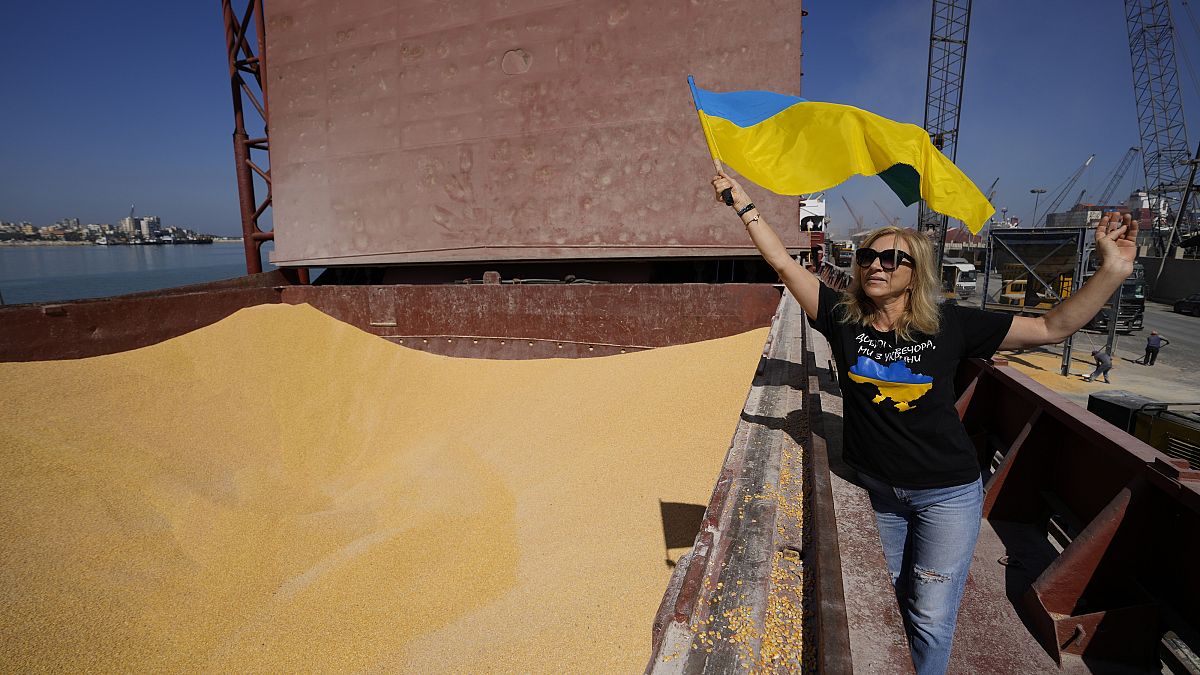Free-trade with Ukraine extended for one year with safeguards for bloc’s farmers
Lawmakers clinched a political deal on year long renewal of a free trade scheme with Ukraine adding ‘emergency brakes’ for sensitive agricultural commodities in the aftermath of farmers’ protests. The EU temporarily suspended all tariffs and quotas on Ukraine’s agricultural exports after Russia’s full-scale invasion of Ukraine in 2022, and subsequently renewed the suspension, which […]


Lawmakers clinched a political deal on year long renewal of a free trade scheme with Ukraine adding ‘emergency brakes’ for sensitive agricultural commodities in the aftermath of farmers’ protests.
The EU temporarily suspended all tariffs and quotas on Ukraine’s agricultural exports after Russia’s full-scale invasion of Ukraine in 2022, and subsequently renewed the suspension, which is now set to expire in June.
The trade liberalisation measure will now be extended up to 5 June 2025 if EU ministers and the European Parliament now green light a compromise reached this morning (20 March).
The automatic safeguard mechanism intended to protect specific domestic sectors from increased imports arising as a result of the free trade scheme was a key contention in negotiations between MEPs and the Belgian presidency of the EU Council.
Lawmakers agreed to extend safeguards beyond wheat, maize, rapeseed, sunflower seeds, sugar, poultry, and eggs – originally proposed by the commission in January – to also include honey, maize, oats, and hulled grains.
In practice, the commission will be allowed to reintroduce tariff-rate quotas if imports of these commodities exceed the arithmetic mean of quantities imported in 2022 and 2023.
The time frame required for the commission’s response to trigger the emergency brake was also shortened from three to two weeks in case imports surge.
“Russia’s targeting of Ukraine and its food production also impacts EU farmers,” said parliament’s rapporteur Sandra Kalniete (Latvia/EPP), adding that the sector’s concerns had been listened to in relation to the bolstered safeguard measures.
After the political deal, the clock is running to approve the new measures so that they can take effect immediately following the expiry of the previous suspension.
Parliament’s committee on international trade and EU ambassadors are both expected to greenlight the outcome of the inter-institutional talks as soon as today (20 Wednesday). MEPs would then give their final go-ahead in the parliament’s last plenary in April.














